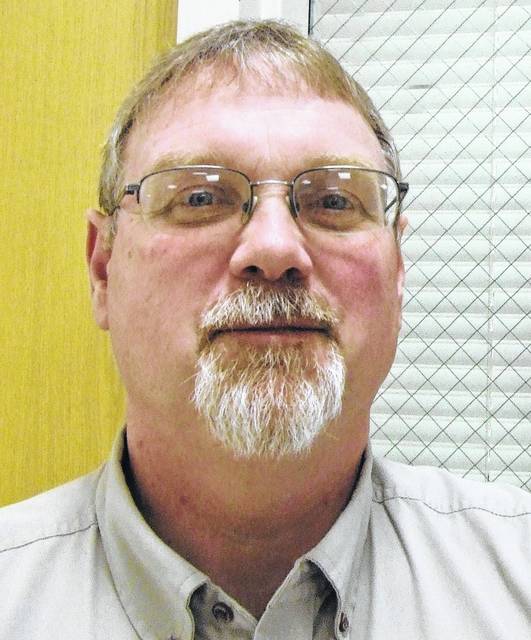
Congratulations, we have survived another week of the COVID-19 pandemic!
It is important to consider that our farms and our farm families are not resistant to the situation. Take the necessary steps to protecting yourself.
In our latest virtual Southwest Ohio Coffee Talk one of the main discussion points discussed contingency plans for the farm during this pandemic.
Lisa Pfeifer, OSU Extension Agricultural Safety & Health Educational Program Manager provided some great steps to consider during this challenging time.
What happens if you, the main driver, decision maker, operator to the farm operation gets sick? Can the farm continue its day-to-day operations?
Take some time right now to sit down with the family and discuss this. Have a plan put together that can allow the farm to move forward without you, the main driver, decision maker, and operator of the farm.
Don’t risk your health because the fields have to be planted, the farm needs to be tended to. You are not invincible!!
In a recent poll conducted by DTN and data analytics company Farm Market iD: More than 69 percent of farmers polled don’t have a prepared backup plan should they become sick with the virus themselves.
Here are some Best Practices for Daily Management of Sanitation, Deliveries, Equipment Repairs, and Your People you need to consider:
• Contingency Planning
• Keeping Family and Employees Safe
• Equipment Use and Sanitation Plans
• Deliveries and On-Site Custom Services
Lack of continuity planning can result in a cascade of failures
• Insufficient operational resources
• Loss of workforce
• Workers who might not be adequately trained for tasks
• Lack of someone with operational knowledge
• Product waste
Lack of continuity planning can result in a cascade of failures
• Insufficient operational resources
• Loss of workforce
• Workers who might not be adequately trained for tasks
• Lack of someone with operational knowledge
• Product waste
Remember smaller family farms may be at greater risk if a disruption occurs because the owner may be the sole operator, or alternatively a sole caretaker. Prepare written documentation of your business operations in case of illness. Communicate the plan to family or another person who can step in.
Things to consider while planning would include: Identifying critical functions of your business such as the agronomy side, livestock, marketing, finance, the human side. Then walk everyone through the plan. Are there neighbors or employees identified that can help?
Is there appropriate information such as passwords to important accounts, or as simple as – where are the keys for equipment, gates, fuel pumps etc.?
KEEPING FAMILY AND EMPLOYEES SAFE
• Promote frequent, thorough hand washing and provide a place to do so.
• Provide alcohol-based hand sanitizer containing at least 60% alcohol for remote locations.
• Use disposable towels.
• Encourage respiratory etiquette, including covering coughs and sneezes.
• Discourage workers from using other workers’ phones, desks, offices, or other work tools and equipment, when possible.
• Discourage sharing of any food or beverages.
• Encourage workers to stay home if they are sick.
• Maintain regular housekeeping practices, including routine cleaning and disinfecting of surfaces, equipment, and other elements of the work environment.
Finally, I wanted to welcome you, all members of the farm family to join us Thursdays at 7:30 a.m. each week for SW Ohio Coffee Talk. Coffee Talk zoom is set up so that we can interact with each of you providing some updates and to answer current questions and address issues that may come up throughout the growing season.
There are two options to join this weekly opportunity for you to meet, discuss and ask questions virtually about issues that are affecting Agriculture during the COVID-19 pandemic.
You can use this link — https://go.osu.edu/swohcoffeetalk .
Tony Nye is the state coordinator for the Ohio State University Extension Small Farm Program and has been an OSU Extension Educator for agriculture and natural resources for over 30 years, currently serving Clinton County and the Miami Valley EERA.


